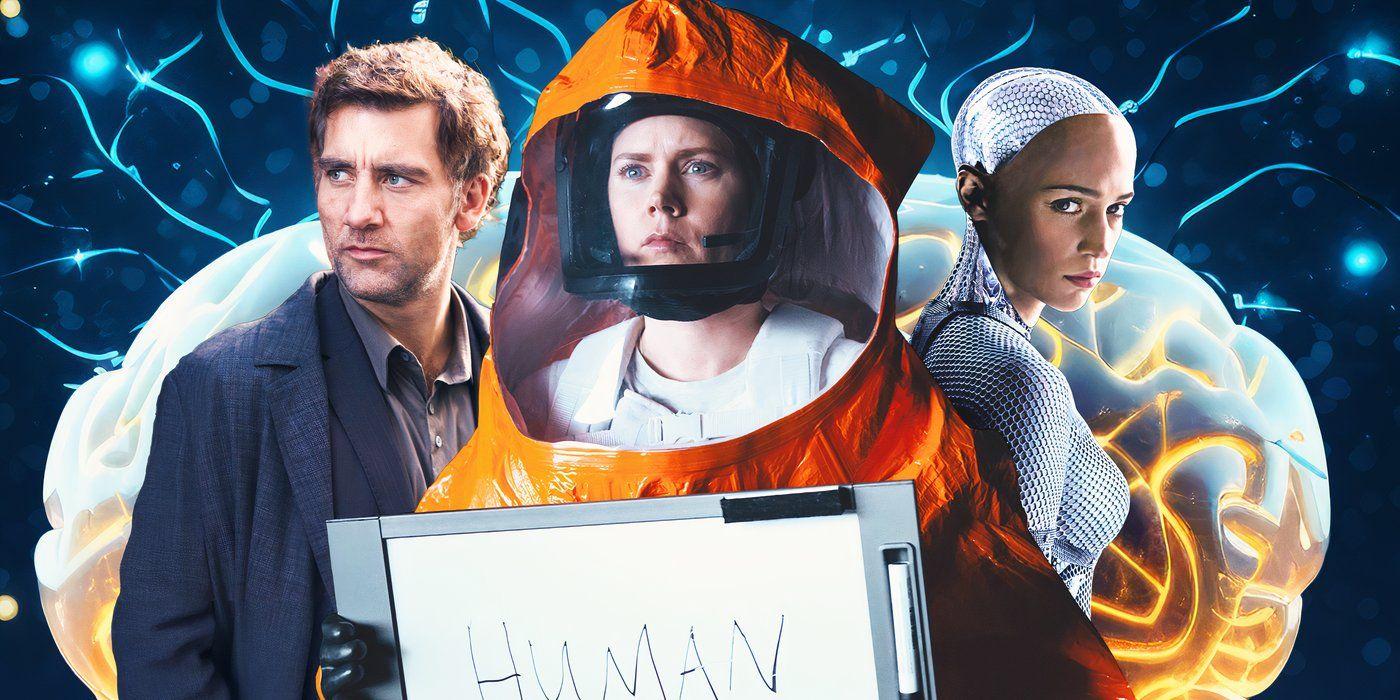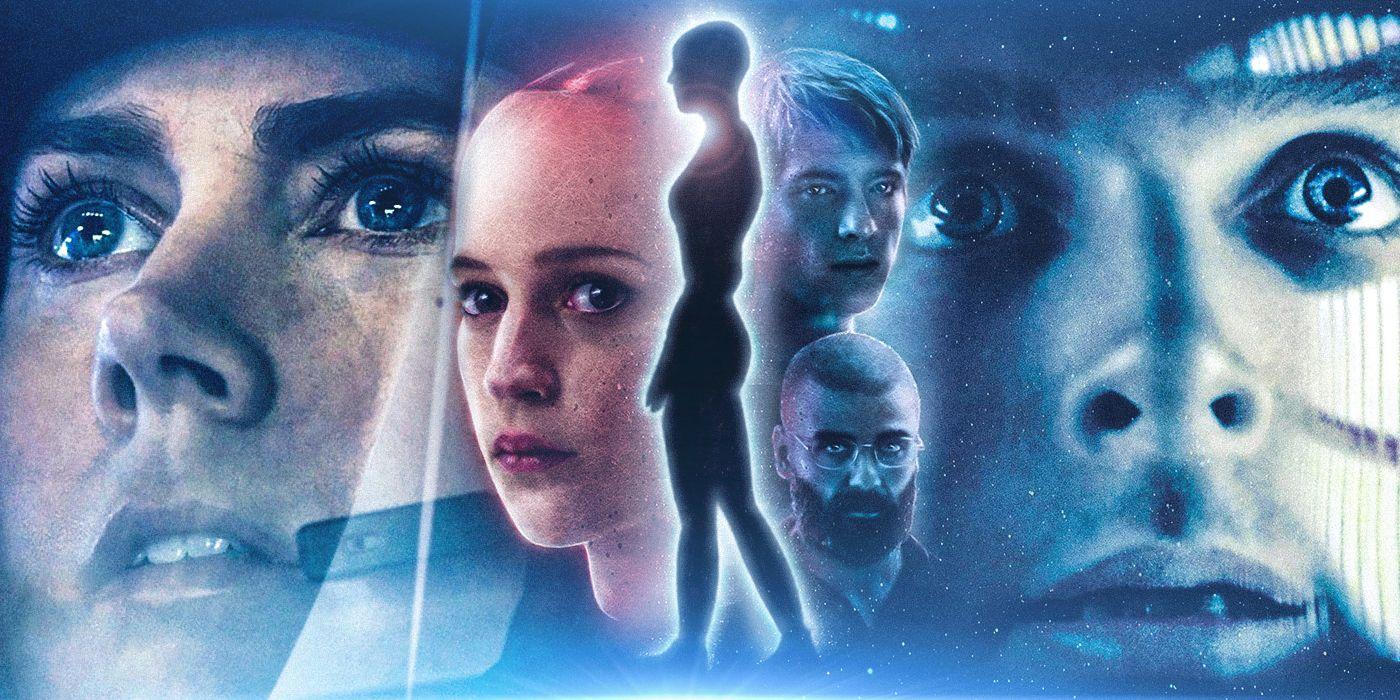Science fiction has long served as a fertile ground for exploring the boundaries of human imagination and the nature of reality itself. Through the lens of speculative narratives, filmmakers have crafted stories that not only entertain but also provoke profound questions about the world we inhabit. In this analytical exploration, we delve into a selection of the best sci-fi films that challenge our perceptions of reality. These cinematic works, ranging from dystopian futures to mind-bending alternate dimensions, invite viewers to question the very fabric of existence, blurring the lines between the conceivable and the fantastical. By examining their thematic depth, narrative complexity, and innovative visual storytelling, this article seeks to uncover how these films push the boundaries of conventional thought and offer a unique commentary on the human condition.
Exploration of Reality-Bending Narratives
Science fiction has long been a playground for narratives that twist and stretch the boundaries of reality, inviting audiences to question their perceptions and the very fabric of existence. These films often delve into philosophical inquiries and speculative scenarios, providing not just entertainment, but also a profound commentary on the nature of reality itself. Here, we explore some of the most compelling sci-fi films that expertly challenge and redefine what we understand as reality.
- Inception: A masterclass in layered storytelling, this film blurs the line between dreams and reality, leaving viewers pondering the power and fragility of the mind.
- The Matrix: A cultural phenomenon that questions the very essence of reality, this film introduces the concept of simulated worlds, forcing audiences to confront the possibility that our perceptions might be manipulated.
- Eternal Sunshine of the Spotless Mind: Although more subtle in its approach, this film explores the reality of memory and identity, posing intriguing questions about the nature of human relationships and the authenticity of our experiences.
- Interstellar: Through its exploration of time dilation and alternate dimensions, this film challenges our understanding of time and space, presenting a vision of reality that is both awe-inspiring and humbling.

Innovative Cinematic Techniques in Sci-Fi
In the realm of science fiction, filmmakers continually push the boundaries of reality through innovative cinematic techniques that immerse audiences in futuristic worlds. Directors like Christopher Nolan and Denis Villeneuve have become pioneers in this genre, employing groundbreaking methods to create visually stunning narratives. Nolan’s use of practical effects in Inception blurs the line between dreams and reality, while Villeneuve’s meticulous attention to atmospheric detail in Blade Runner 2049 offers a hauntingly immersive experience.
- Virtual Reality Integration: Films like Ready Player One utilize advanced CGI to seamlessly blend live-action with digital environments, creating an immersive VR experience that challenges viewers’ perception of the real and the virtual.
- Non-linear Storytelling: The narrative structure in Interstellar employs a non-linear timeline, using time dilation as a plot device to explore complex scientific concepts while maintaining emotional depth.
- Innovative Sound Design: In Gravity, sound is used strategically to enhance the sense of isolation and vastness of space, employing silence and ambient sounds to amplify tension and realism.
These techniques not only enhance the storytelling but also redefine how audiences engage with the genre, inviting them to question their own understanding of reality. By integrating cutting-edge technology and creative narrative structures, these films transcend traditional cinema, offering a glimpse into the future of storytelling.

Philosophical Implications of Alternate Realities
Science fiction films often transport us to worlds where the boundaries of reality are stretched, presenting audiences with mind-bending scenarios that challenge our understanding of existence. The exploration of alternate realities in these films raises profound philosophical questions about the nature of our own reality. Are we truly in control of our destiny, or are we mere players in a predetermined script? These films often delve into the concept of multiverses, suggesting the existence of multiple, co-existing realities where different versions of ourselves might live out entirely different lives.
- Existential Inquiry: Films that depict alternate realities often explore existential themes, questioning the essence of identity and the self. If multiple versions of ourselves exist, what defines our true self?
- Determinism vs. Free Will: These narratives frequently examine the tension between determinism and free will. Do our choices genuinely matter if other versions of us might choose differently in another reality?
- Perception of Reality: They challenge our perception of reality, prompting us to consider how much of what we perceive is a construct of our minds. If realities can be so vastly different, what is the nature of the reality we inhabit?
By confronting these questions, sci-fi films that delve into alternate realities invite viewers to reflect on the very fabric of existence. They compel us to ponder whether our reality is as concrete as we believe, or if it might be one of many threads in a vast, intricate tapestry.

Top Film Recommendations for Reality Exploration
- Inception (2010): This mind-bending film directed by Christopher Nolan delves into the intricate layers of the subconscious mind. It blurs the line between dreams and reality, inviting viewers to question the very nature of perception and existence. Through its intricate plot and stunning visuals, “Inception” challenges the audience to ponder the power of the mind and the potential for reality manipulation.
- The Matrix (1999): A seminal piece in the sci-fi genre, this film explores the concept of a simulated reality. With its groundbreaking special effects and philosophical underpinnings, “The Matrix” invites viewers to question the authenticity of their own experiences and the potential implications of living in a digital illusion.
- Eternal Sunshine of the Spotless Mind (2004): While not a traditional sci-fi movie, this film offers a profound exploration of memory and identity. Through its unique narrative structure, it raises questions about the nature of reality and the influence of memories on our perception of the world and ourselves.
- Blade Runner 2049 (2017): This visually stunning sequel revisits the theme of what it means to be human. Set in a dystopian future, it examines the boundaries between humans and artificial beings, challenging the audience to reconsider the essence of consciousness and reality itself.
- Arrival (2016): Offering a thought-provoking take on the concept of time and communication, this film pushes the boundaries of conventional storytelling. It invites viewers to explore the nonlinear nature of time and its impact on reality, ultimately encouraging a deeper reflection on human interaction and understanding.
Each of these films offers a unique perspective on reality, encouraging viewers to question their assumptions and explore new dimensions of thought. Whether through complex narratives, philosophical themes, or stunning visuals, these cinematic experiences push the boundaries of imagination and invite a deeper reflection on the nature of existence.







































